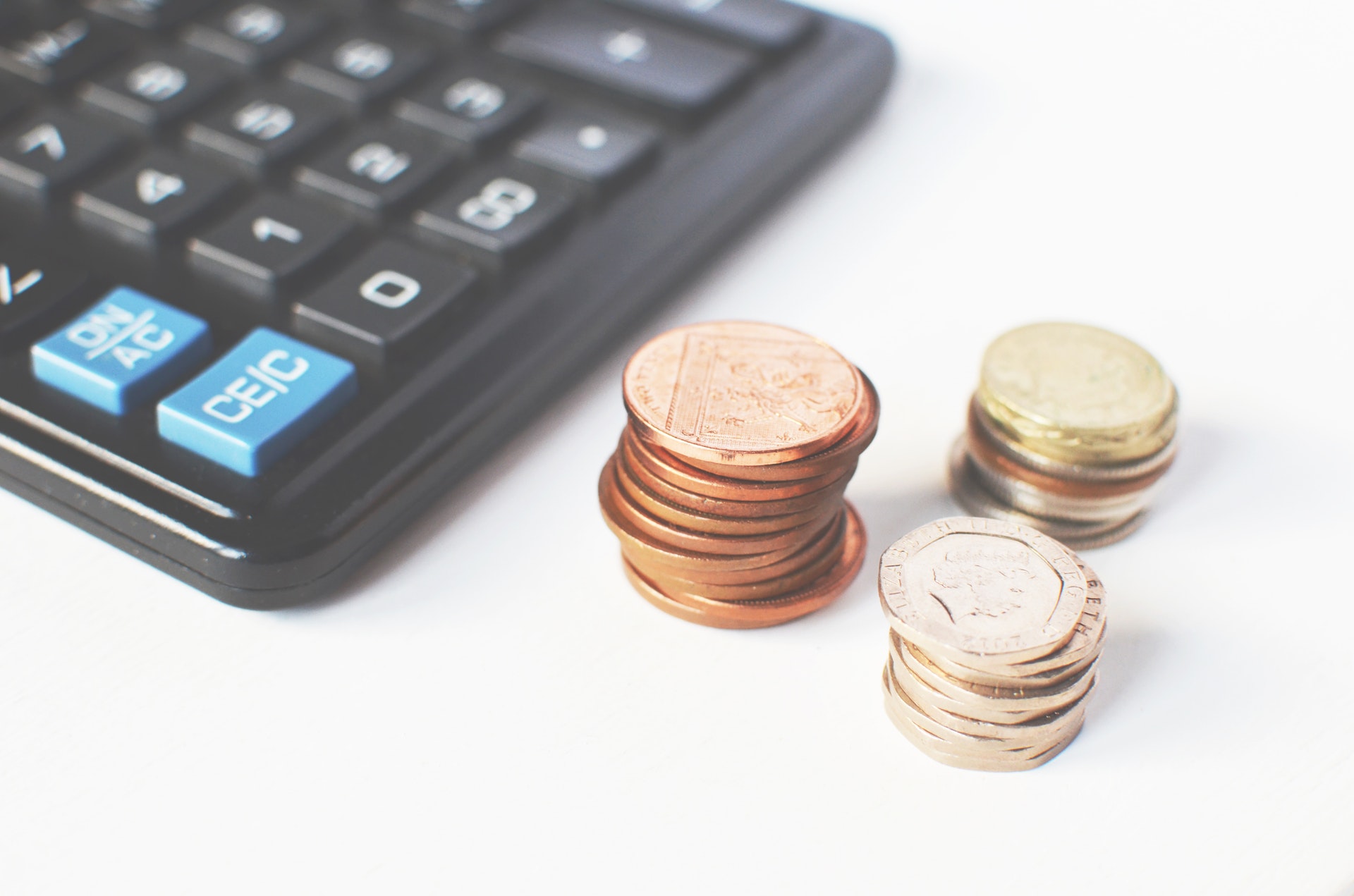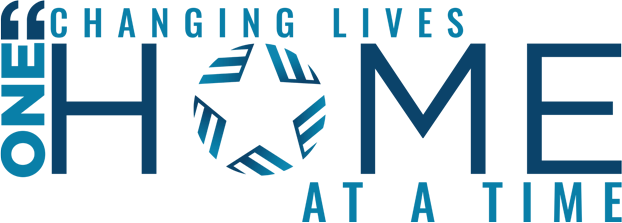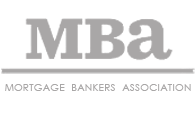Federal Reserve increased interest rates – first time in nearly a decade
The Federal Reserve increased interest rates Wednesday afternoon for the first time in nearly a decade.
As expected, the Fed announced that it would increase its benchmark rate by one quarter of a percentage point. Investors and economists have been speculating about the moment, which could have huge implications for the economy and for consumers, for years.
The effects of the rate increase won’t be felt overnight. “This one change will, in the larger scheme of things, be unlikely to make a dramatic impact on what consumers will feel,” said Doug Duncan, chief economist at the mortgage giant Fannie Mae. But because the short-term rates controlled by the central bank can ultimately affect the rates charged on credit cards, loans, savings accounts and other financial products, it’s likely that the move will eventually hit your wallet.
The central bank has kept its benchmark interest rate near zero since December 2008 in an effort to stimulate the economy and restore confidence in financial markets. By keeping rates low, the Fed made it cheaper for consumers to borrow money, encouraging them to spend more and increasing demand for goods. And driving down interest rates on low-risk products like bonds and savings accounts was supposed to encourage people to invest their money in stocks and other markets.
Investors and economists will now watch to see how quickly the Fed follows up with other rate increases. (Expectations are that officials will move slowly and increase rates by about one percentage point by the end of next year.)
How much you’ll feel the change will vary based on the types of loans you have and where you store your money. Here’s what you should keep an eye out for now.
Mortgages
This increase in the short-term rates controlled by the Fed could push up yields on the long-term bonds used to set mortgage rates. That could lead to higher borrowing costs for home buyers, but it’s not guaranteed. The 10-year Treasury bonds that directly affect mortgage rates are influenced by multiple factors, including inflation expectations and the global economic outlook. That means mortgage rates could actually come down even as the Fed is increasing short-term rates. Indeed, when the central bank began increasing rates in 2004, mortgage rates actually dropped over the next several months.
But when it comes to financing a house, even small interest rate changes can add up. Say you’re buying a $200,000 house, and you have a 30-year mortgage. At 4 percent, your monthly payment will be $955. Bump it up to 4.25 percent, and your payments will jump almost $30 a month, to $984, said Michael Fratantoni, chief economist at the Mortgage Bankers Association. Over the life of the loan, that could add another $11,000.
By increasing the total cost of buying a home, higher mortgage rates could also reduce the number of people who qualify for loans. Lenders are required to compare a person’s potential debt load to their income and some people who qualify for loans under today’s rates may not be eligible if rates go higher. For instance, an analysis by Realtor.com found that if 30-year mortgage rates rose by half a percentage point, as many as 7 percent of people who applied for a home loan would not get approved because of the rate increase.
Auto loans
Auto loans are more directly affected by the benchmark rate controlled by the Fed. People who already have cars and are making payments on fixed rate loans shouldn’t be affected by the rate hike. But those still shopping for cars may face higher borrowing costs on new loans.
The higher rates may increase borrowing costs and make it more difficult for them to afford a car loan, which could hurt sales. For instance, if interest rates suddenly increased by one percentage point, the higher borrowing costs could cause annual auto sales to drop by 3.25 percent, according to a report by Adam Copeland, a research officer for the Federal Reserve Bank of New York, George Hall, an economics professor at Brandeis University and Louis Maccini of Johns Hopkins University. (Federal Reserve Chair Janet Yellen has hinted that any rate increase would be gradual, about one percentage point each year.)
It’s not clear though how the rate increase will affect car prices. The higher interest rates could make it more expensive for dealers to hold inventory of unsold cars on their lots, write Copeland and the other researchers. Some dealers may roll out more discounts and promotions to lower prices and encourage sales. But others may reduce their supply, which could increase prices, they say.
Credit cards
Interest rates charged by credit cards and other lines of credit may increase “virtually in lockstep” with the rate hike from the Federal Reserve, said Greg McBride, chief financial analyst for Bankrate.com. Loans with variable rates, such as credit cards and home equity lines of credit, are directly tied to the benchmark interest rate that is set by the Fed.
While the first rate hike may not be much of a problem for people trying to paying off credit cards, it could become tougher for them to make progress as those rates continue to creep higher, McBride says. That would increase interest charges, requiring consumers to shell out more money before they can be debt free.
Plus, the interest rate increase may cause some banks to cut back offers for zero-percent credit cards, which can help people lower interest costs while they pay off their balance, McBride says. “Your best defense is a good offense,” McBride said. “Pay down your credit card debt as aggressively as you can. Do it now while rates are low.”
Saving rates
After years of near-zero yields on savings accounts, this rate increase from the Fed could be the first good news that ultra-conservative investors have gotten in years, said Cameron Hinds, a regional chief investment officer at Wells Fargo Private Bank. Such rate hikes typically lead to more attractive yields on savings accounts, such as CDs and money market accounts.
But banks may be slow to raise yields on saving accounts this time around, economists say. Many banks have been swimming in cash since the recession hit, and with rates low, they’re having a hard time earning a profit on those deposits, said Mark Hamrick, senior economic analyst for Bankrate.com. With yields on money market accounts near zero, some banks have had to waive fees to keep account holders from losing money.
As a result, some banks and credit unions may keep interest rates on savings accounts low while they slowly increase rates on mortgages, auto loans and other credit lines — essentially using the higher interest rates as a chance to recover those fees so they can increase their profit margins. In the meantime, savers should keep shopping around with banks, online banks and credit unions to find better rates on saving accounts, McBride said. “Consumers who just sit back and expect higher rates to fall in their lap on their savings account — they’re going to be disappointed,” he said.
Investment markets
Stock markets have been mostly climbing higher for six out of the seven years since the Fed has kept interest rates near zero. Some investment managers worry the market is higher now than it would have been without the Fed’s help, setting them up for deeper losses should the market collapse.
Stock markets could be volatile in the months as they adjust to the reduced stimulus, but any trouble may be temporary, since Fed officials have been hinting for months that the rate increase would happen soon, said Edward Campbell, a portfolio manager at QMA, a business of Prudential Financial.
Still, stock market gains may be weaker going forward, said Jeff Porter, a financial planner in McLean, Va., predicting that annual stock market gains might average in the low single digits, as opposed to the high single digits seen in recent years.
As with any change in the economy — at home or abroad — financial analysts advise investors to keep their eyes on their long-term goals. Whatever market movement this rate increase or the next causes, it shouldn’t be more than a passing concern in the long run for a well-diversified portfolio. “Don’t let a single decision by the Fed drive your investment portfolio in the short run, irrespective of what the market reaction is,” Hinds said.
Article provided by: https://www.washingtonpost.com
2016 here we come! Let’s make it a great year and if you need any help with your mortgage, we’ll be right here to help you.









